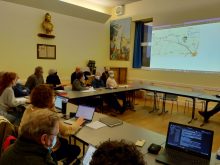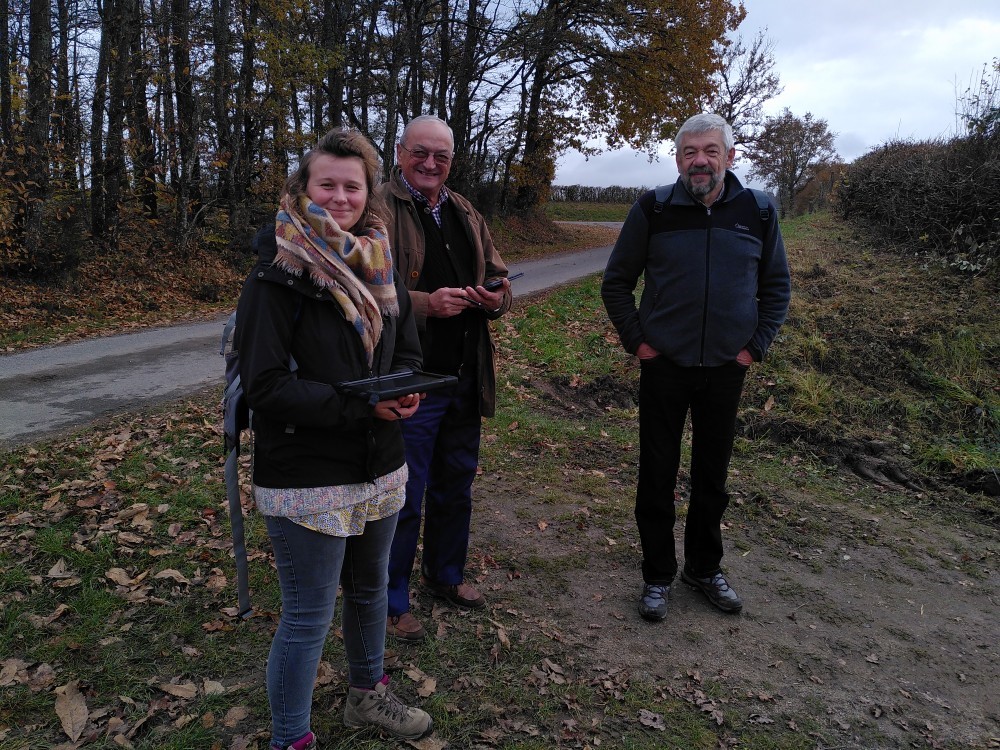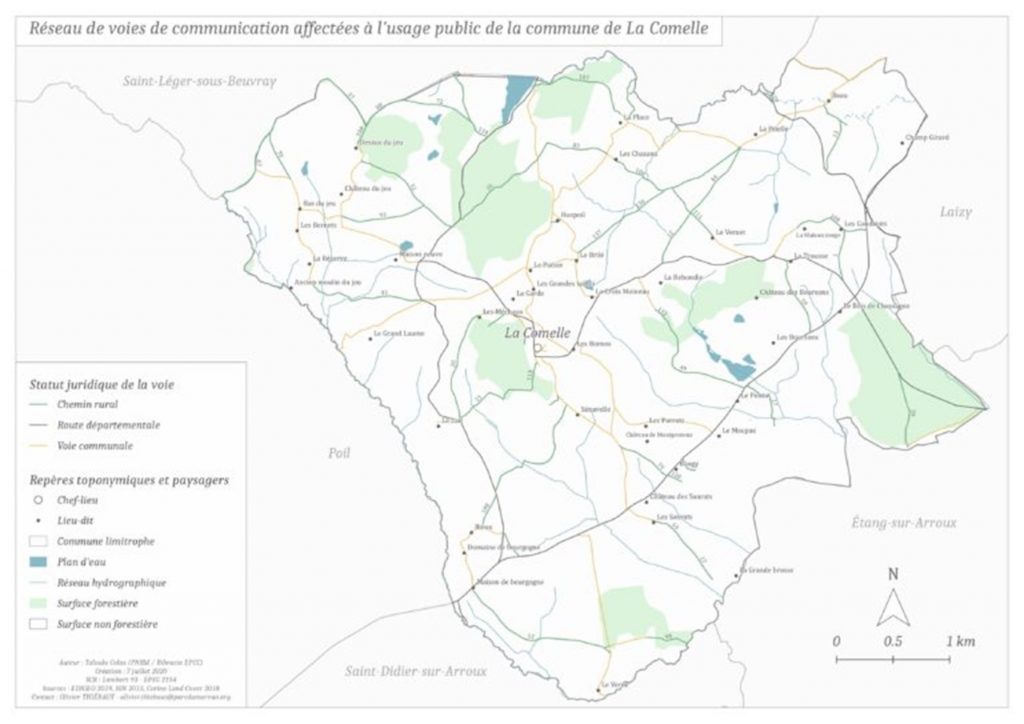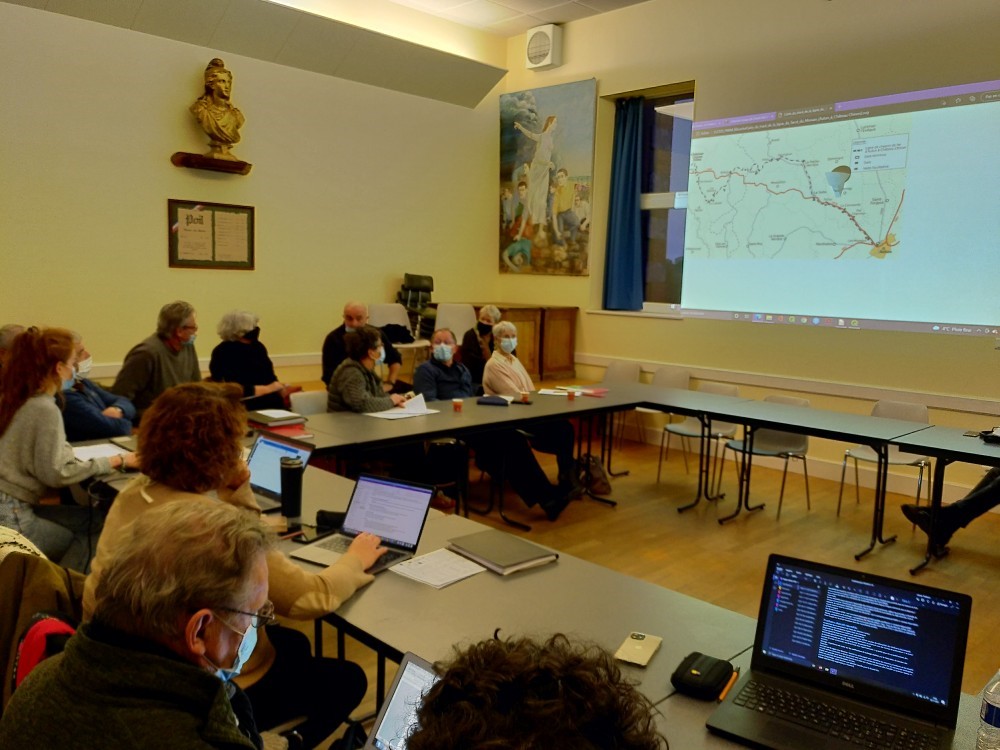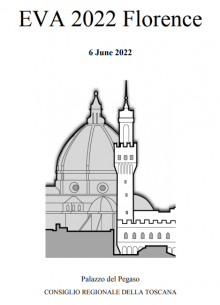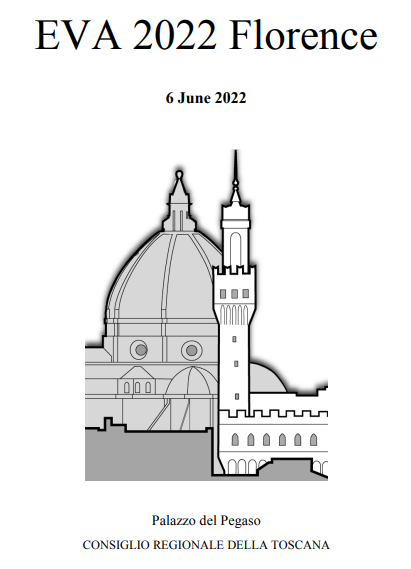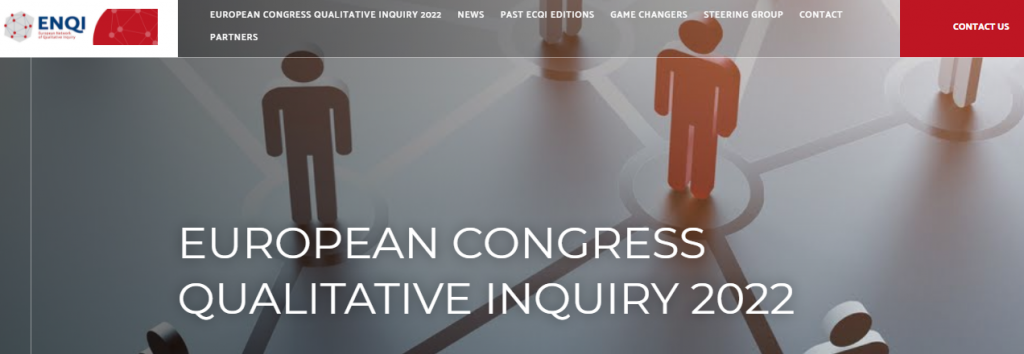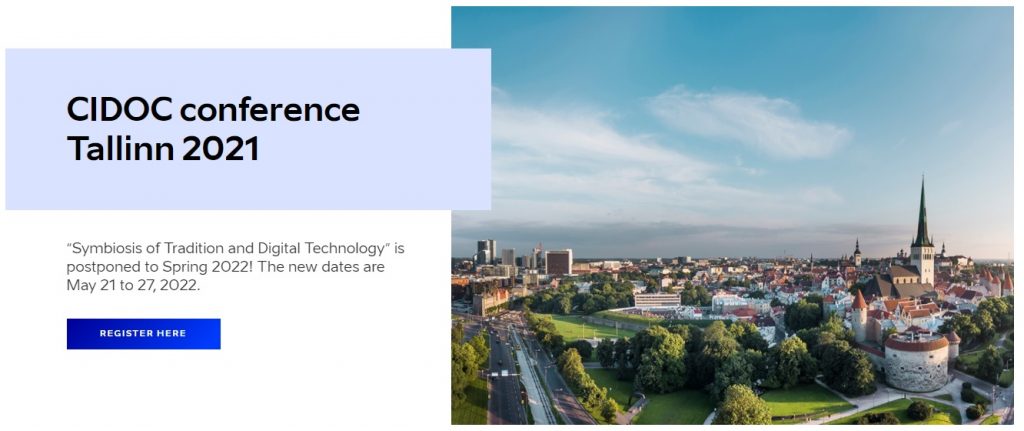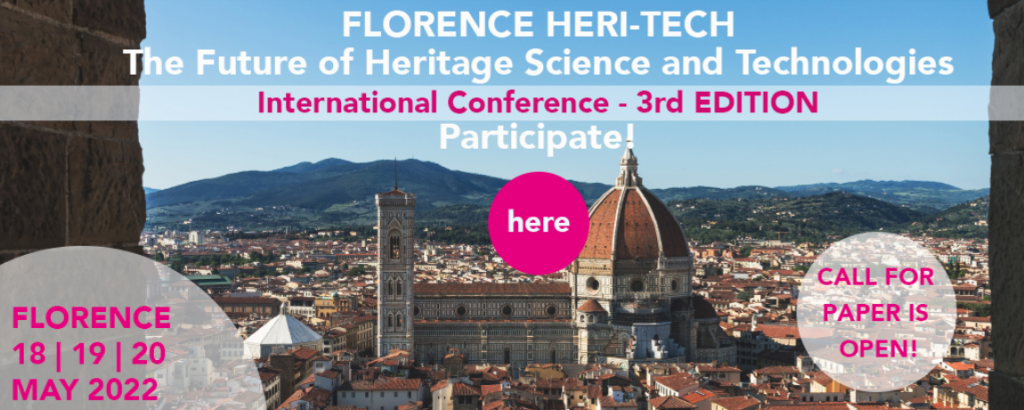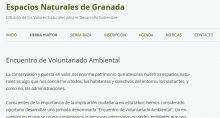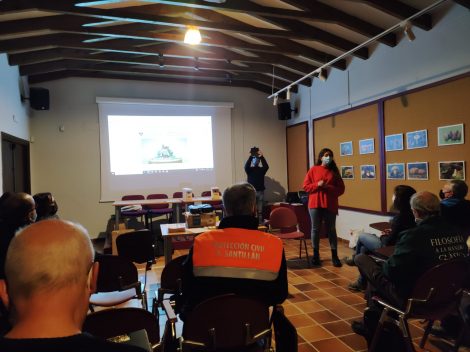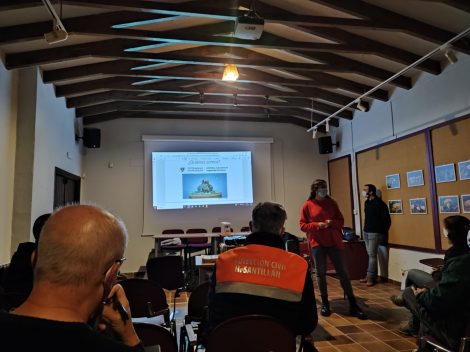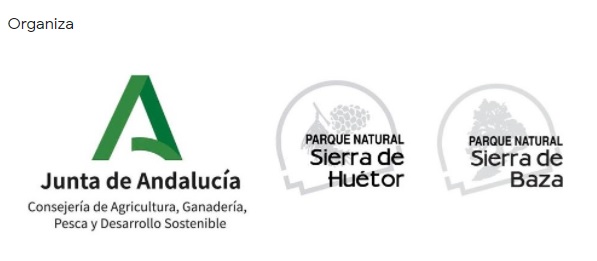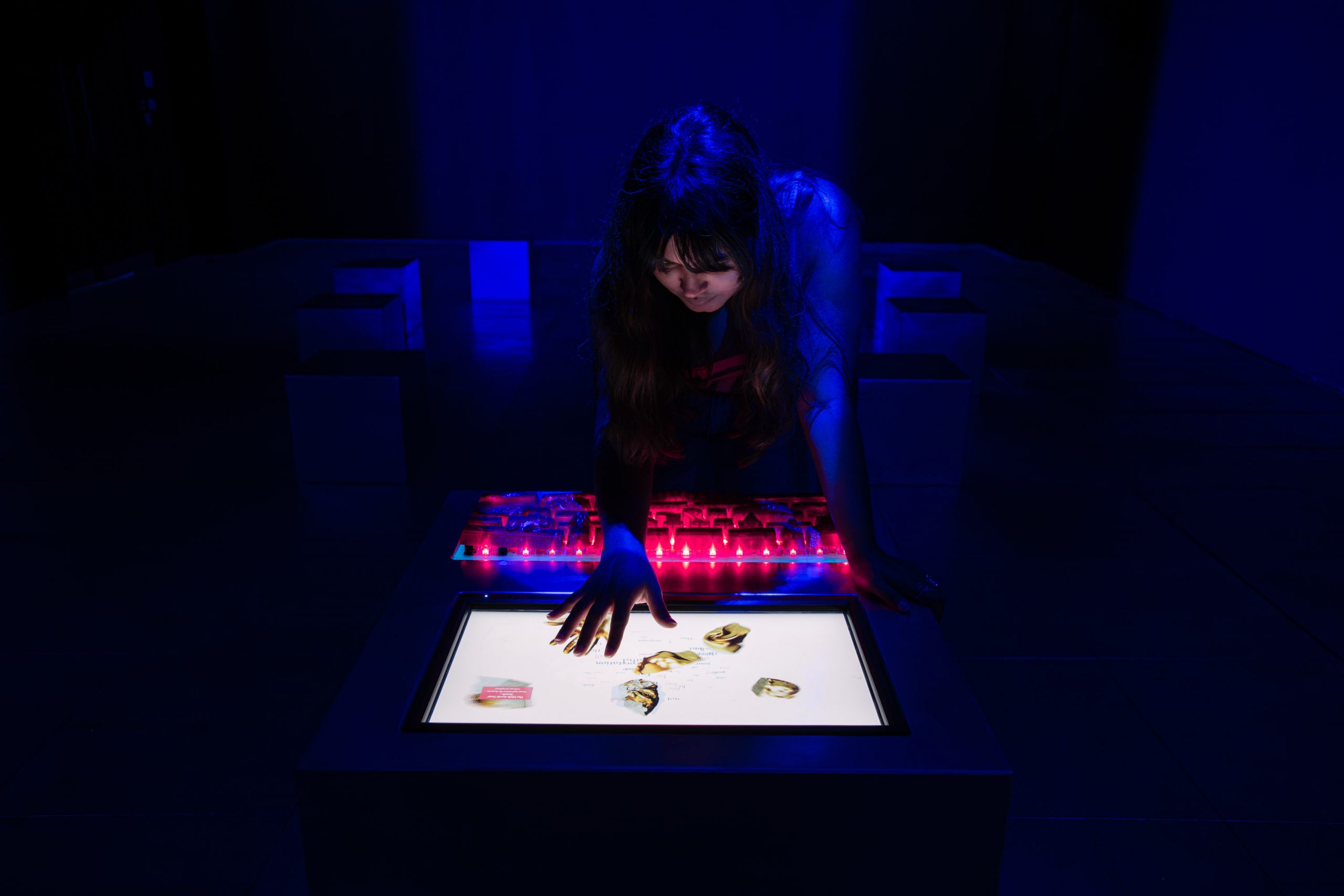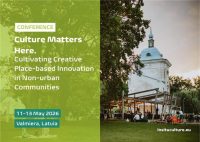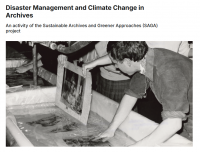text by Caterina Sbrana
Images of birds, American Revolution, historic sites, hats, libraries, shoes, tennis, horses, cars etc. are just a small example of the digital collections of the Library of Congress in Washington, DC 20540, U.S., that are free to use and reuse.
The items are collected by themes and each set of content is accessible from the Library’s home page. The architecture of the website has been built to facilitate the navigation, generating an excellent and relevant user experience. In a simple and immediate way the portal brings the web users inside these extraordinary collections formed by photographs that have no known copyright, or have been cleared by the copyright owner for public use.
These digital collections contain millions of items such as photos, maps, books, newspapers, manuscripts, prints, musical scores, films, sound recordings and more, as we can see from the screenshot below.
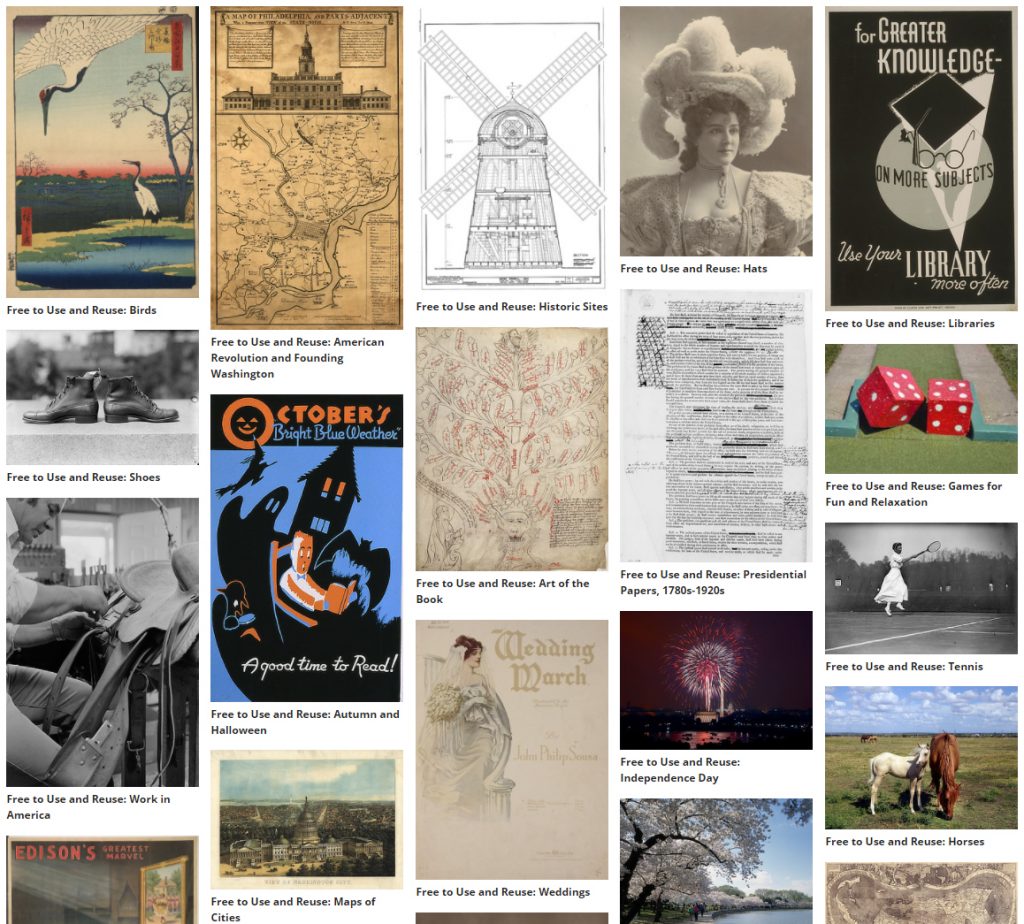
Screenshot of the Library’s home page portal whose contents are free to use and reuse. From here navigation begins and users can choose between different collections; https://www.loc.gov/free-to-use/
Whenever possible, each collection has its own rights statement which should be consulted for guidance on use. Carla Hayden, 14th Librarian of Congress, nominated by President Barack Obama in 2016, the first woman and African-American to serve as Librarian, says in her Welcome Message “The Library preserves and provides access to a rich, diverse and enduring source of knowledge to inform, inspire and engage you in your intellectual and creative endeavors. Whether you are new to the Library of Congress or an experienced researcher, we have a world-class staff ready to assist you online and in person”.

This photo is available in the section Free to Use and Reuse: Work in America; it was taken by Crummett, Michael in 1979 in Montana and shows us William Snedigar working. https://www.loc.gov/resource/afc1981005.afc1981005_15_22753/?sp=20&r=-1.594,-0.553,4.188,2.903,0
Researchers, students, writers, artists, ordinary people have access to original manuscripts, ancient maps, rare books, photographs, films, and many other documents that help to understand and interpret our history, the history of humanity.
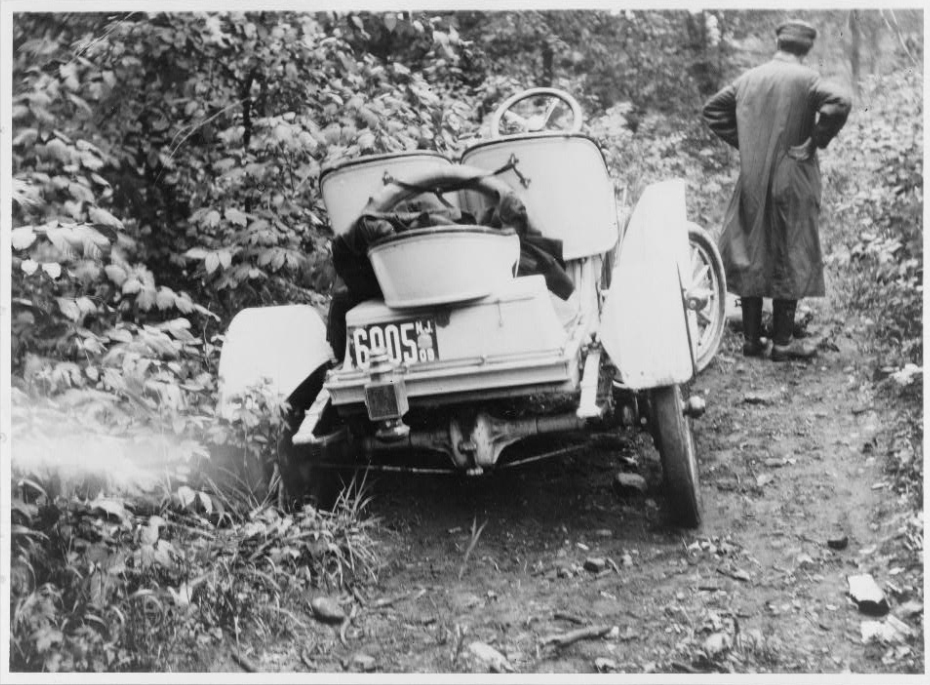
This photo belongs to the Free to Use and Reuse: Cars section; it represents an Automobile stuck in ditch on road in New York; 1909, from George Grantham Bain Collection; https://www.loc.gov/resource/cph.3c11975/
This archive and the other opportunities provided by the Library of Congress such as exhibitions, learning spaces, educational materials and cultural programming not only enhance an incredible amount of cultural heritage but at the same time have made it possible to classify cultural resources that, as it often happens, are disorganized and scattered in public or private archives, in library, monasteries, churches and so on.
A brief explanation introduces each collection and different information is provided for each item: its title, the subject, the contributor names, where the item was created or published, its genre, the location, the date, the source collection and several notes, also of a technical nature.
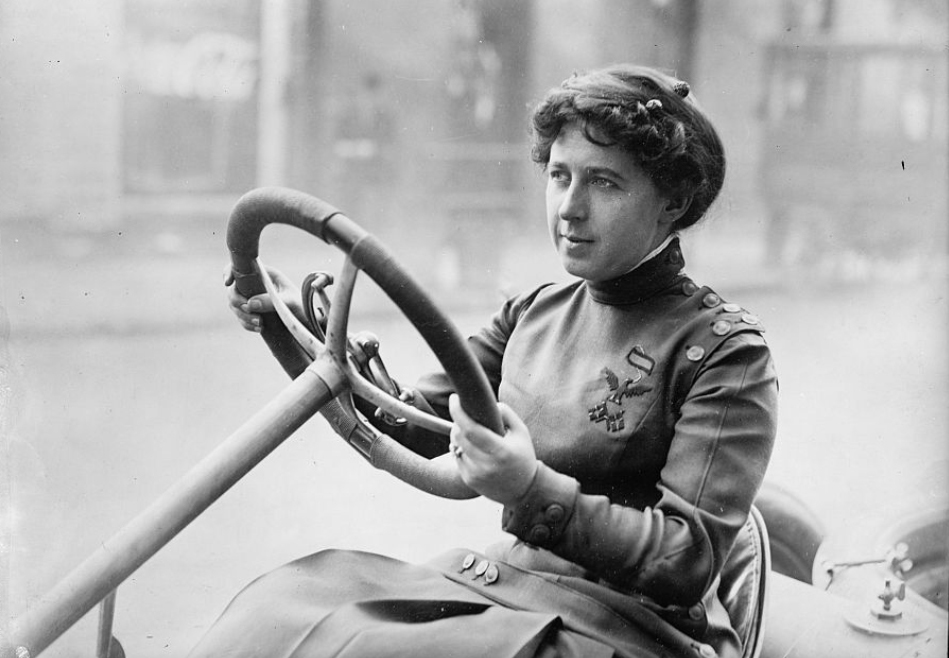
This photo belongs to the Free to Use and Reuse: Cars section; it represents Race car driver Joan Newton Cuneo, seated in racing car, facing left; it is a digital file from original negative, taken between 1910 and 1917; https://www.loc.gov/resource/hec.01865/
Web users have the chance to explore a growing treasury of digitized materials or to discover the over-centennial history of the Library of Congress in Washington described to an in-depth analysis that covers the stages from 1800 to today.
https://www.loc.gov/free-to-use/


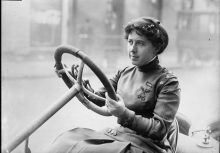
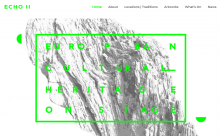
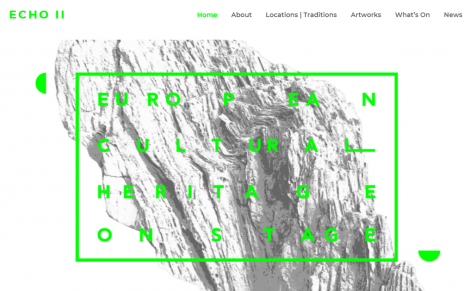
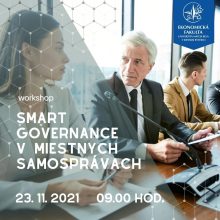
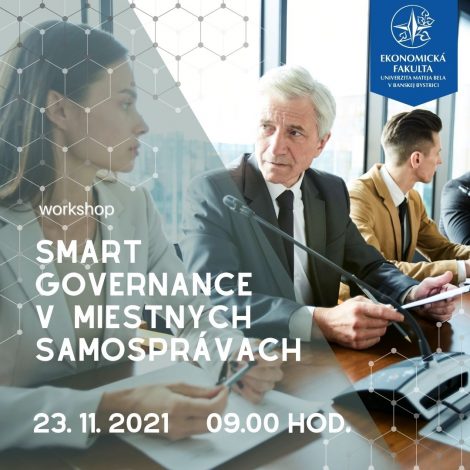 The international workshop on Smart Governance in local municipalities – Innovative approaches to city and municipality management was organized as a
The international workshop on Smart Governance in local municipalities – Innovative approaches to city and municipality management was organized as a 
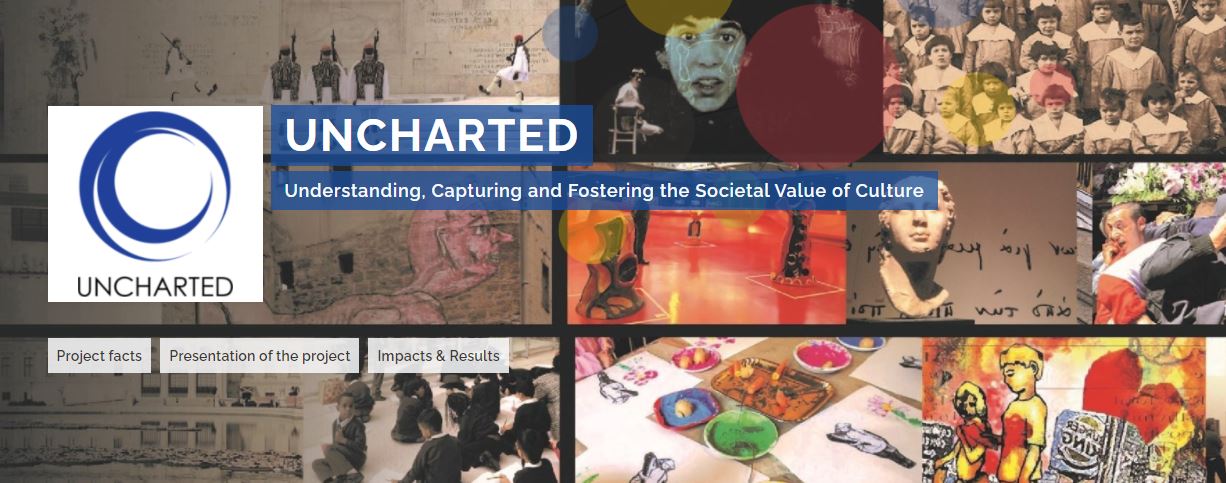 The
The 